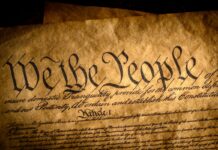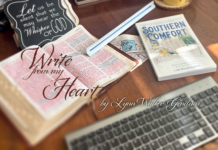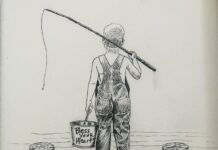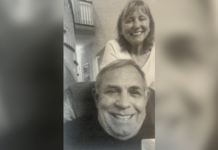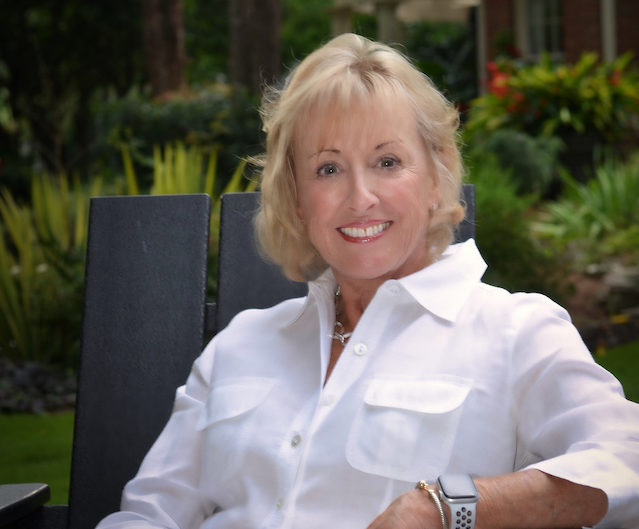
When I was born in a small southern town after World War II, most people looked like me. The ones that didn’t, such as people of different ethnicities, were less than welcomed by most townspeople. In those days, equality simply applied to those who looked like me in America. Diversity was not celebrated, and folks who were different were often ostracized.
All the kids looked like me throughout my school years, even though various cultures began settling in towns like mine. They went to school together across the tracks and were shunned by those who looked like me. Slavery was gone, but intolerance still thrived.
Men ruled most of the world, and in America, men were paid more than women who worked the same job. My grandmothers were the first women to be allowed to vote, so most knew it would take a while for gender equality to become a reality. Few women could afford an education after they earned the right to vote. When they were required to work, many found themselves in factories where wages were low and conditions were worse than poor.
In all the southern towns that I once called childhood homes, there were few Jewish folks, no Muslims, and Catholics were somehow not really Christians, and lord knows, when one became President, folks declared, “We are all doomed!”
Gay folks lived in closets, abortions were held in back alleys, and shame mixed with tears flowed down the streets as folks watched Donna Reed in her starched apron and the father that always knew best on television.
In college, not all students looked like me. Because of a fierce, long battle for civil rights, they now sat with me in class, became my friends, and soon their color difference faded away. However, we all knew that achieving true equality, where everyone is treated with the same respect and opportunities, would take many years to flourish. In my heart, I understood discrimination would still exist throughout my lifetime because the hatred ran too deep in too many of those who look like me.
Later, women’s voices grew louder, discriminating practices faced consequences, and education was available for all. Mothers, wives, and decent, honorable men marched for safer work environments, help for their children, and the rights that allowed all to have…. hope. This slow progress is a testament to the resilience and determination of those who fought for fairness.
Some people who have lived through our nation’s many changes say, “I wish America was the same as it was when I was young!” A time when they felt their lives were more straightforward and safer.
We may need help removing our old rose-colored memories. Yes, it seemed easier for folks who look like me, but only for some. Not for the kid who made it to the southern college door surrounded by violence and guards. Not for the woman who worked two shifts at the mill to put a bowl of soup on the table. And for those who went into the dark back alleys, some never saw another day. For those shunned, the closet was a dark, lonely place where fear lived and they resided.
The right to pursue life, liberty, and happiness is not a privilege only given to those who look like me but to all who call America home. It will never be perfect equality, but the right to pursue it is and will always be the cornerstone of democracy. Let us all be inspired and committed to these values of inclusivity and justice.
No, I don’t want to live in a biased world where folks treat others with ungodly actions. Today, we treat each other harshly, using very foul words and a lack of respect. And the only people that can correct that are us. We all have a role to play in building honorable character and creating a more respectful society. No, it’s not right to call people stupid, dumb, horrible, or less than human. It is appalling that folks applaud such behavior yet declare they would like to return to a “nicer, kinder, godly life.”
Today, my granddaughter has no idea that some folks once dared to dream. She doesn’t know the ancestors who paved the way for her to become anything she desires to be. She never met the soldiers who came from all ethnicities, religions, and political affiliations to become the heroes who preserved her freedom. She doesn’t understand that those who suffered at the hands of violent racism assured she would never see a student denied entry into her southern university.
Go back… no way.
“There is neither Jew nor Gentile, neither slave nor free, nor is there male and female, for you are all one in Christ Jesus.” — Galatians 3:28
_____
Lynn Walker Gendusa is a Tennessee-raised, Georgia-residing author and columnist. Her latest book is “Southern Comfort: Stories of Family, Friendship, Fiery Trials, and Faith.” She can be reached at www.lynngendusa.com. For more of her inspirational stories, click here.


